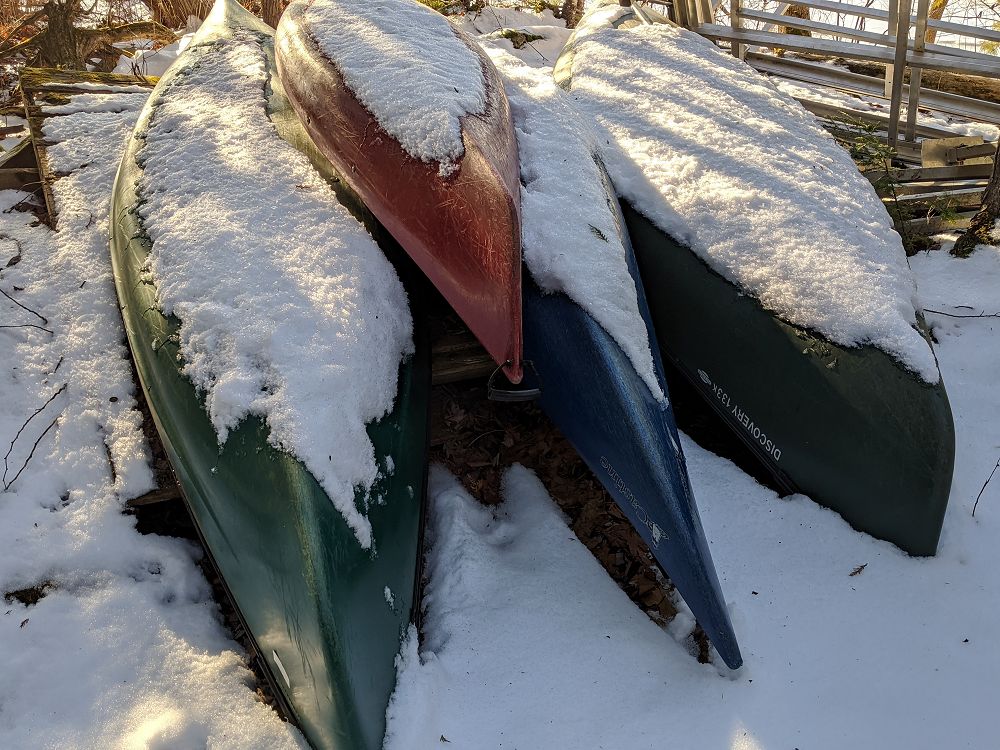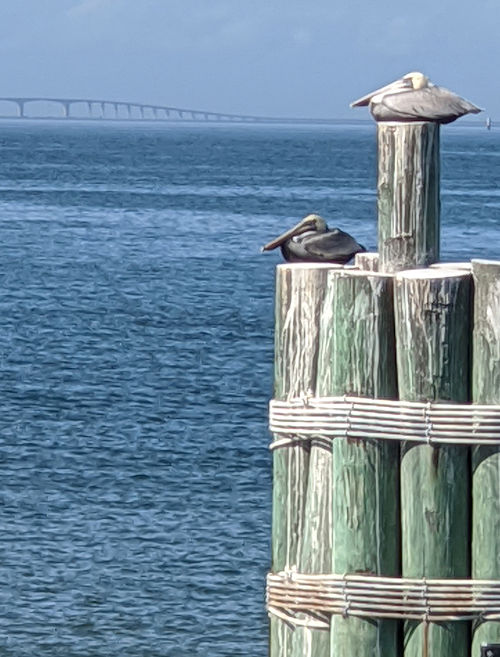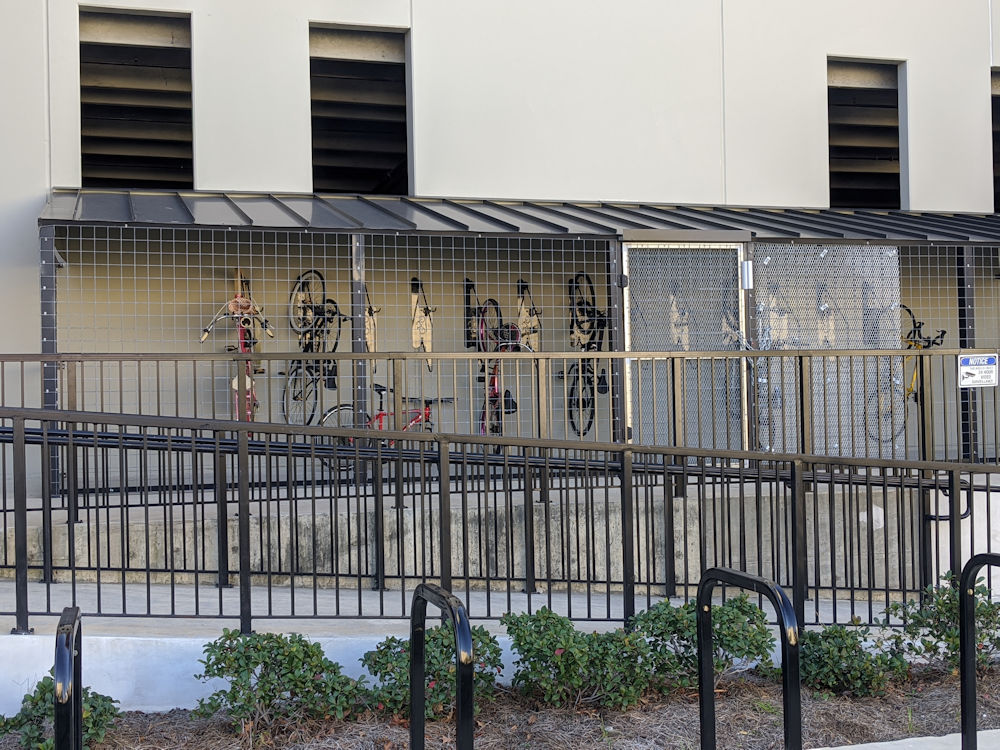the blessed day after

 One of the best damn days of the year, the day after Christmas is a celebration of nothing to do, no obligations or deadlines.
One of the best damn days of the year, the day after Christmas is a celebration of nothing to do, no obligations or deadlines.

 One of the best damn days of the year, the day after Christmas is a celebration of nothing to do, no obligations or deadlines.
One of the best damn days of the year, the day after Christmas is a celebration of nothing to do, no obligations or deadlines.

The nice thing about Harari's 21 Lessons for the 21st century is that you can open it up to any part of any lesson. I picked the section on secularism. Secular is one of my favorite words. When I first discovered it, it was like finding my comfortable place in the world. It's not anti religion; it is just apart from. Mentally it is the state part of church and state. Here are some quotes from Harari about it.
... the secular ethical code. This ethical code--which is in fact accepted by millions of Muslims, Christians, and Hindus as well as by atheists--enshrines the values of truth, compassion, equality, freedom, courage, and responsibility. It forms the foundation of modern scientific and democratic institutions.In addition, secularists do not sanctify any group, person, or book as if it and it alone has sole custody of the truth. Instead, secular people sanctify the truth wherever it may reveal itself—in ancient fossilized bones, in images of far-off galaxies, in tables of statistical data, or in the writings of various human traditions. This commitment to the truth underlies modern science, which has enabled humankind to crack the atom, decipher the genome, track the evolution of life, and understand the history of humanity itself.
The other chief commitment of secular people is to compassion. Secular ethics relies not on obeying the edicts of this or that god, but rather on a deep appreciation of suffering. For example, secular people abstain from murder not because some ancient book forbids it but because killing inflicts immense suffering on sentient beings. There is something deeply troubling and dangerous about people who avoid killing just because “God says so.” Such people are motivated by obedience rather than compassion, and what will they do if they come to believe that their god commands them to kill heretics, witches, adulterers, or foreigners?
People afraid of losing their truth tend to be more violent than people who are used to looking at the world from several different viewpoints. Questions you cannot answer are usually far better for you than answers you cannot question.
Finally, secular people cherish responsibility. They don't believe in any higher power that takes care of the world, punishes the wicked, rewards the just, and protects us from famine, plague, or war. Therefore we flesh-and-blood mortals must take full responsibility for whatever we do--or don't do. If the world is full of misery, it is our duty to find solutions. Secular people take pride in the immense achievements of modern societies, such as curing epidemics, feeding the hungry, and bringing peace to large parts of the world. We need not credit any divine protector with these achievements--they resulted from humans developing their own knowledge and compassion. Yet for exactly the same reason, we need to take full responsibility for the crimes and failings of modernity, from genocides to ecological degradation. Instead of praying for miracles, we need to ask what we can do to help.
The secular world judges people on the basis of their behavior rather than their favorite clothes and ceremonies. A person can follow the most bizarre sectarian dress code and practice the strangest of religious ceremonies, yet act out of a deep commitment to the core secular values. There are plenty of Jewish scientists, Christian environmentalists, Muslim feminists, and Hindu human rights activists. If they are loyal to scientific truth, to compassion, to equality, and to freedom, they are full members of the secular world, and there is absolutely no reason to demand that they take off their yarmulkes, crosses, hijabs, or tilakas.
 The next thing. Although we are only doing it for the second time, I already see a pattern. Invest in something that will at least break even, but include some social capital as part of the return. This new project will attempt to join an older more conservative network with a more liberal network that has a lot of volunteer power. Let's call it social capital investing. We'll see if I can pull it together.
The next thing. Although we are only doing it for the second time, I already see a pattern. Invest in something that will at least break even, but include some social capital as part of the return. This new project will attempt to join an older more conservative network with a more liberal network that has a lot of volunteer power. Let's call it social capital investing. We'll see if I can pull it together.
 The Fort Morgan side of Gulf Shores (Alabama) has small cottages on stilts instead of high-rise condominiums. It's way quieter. We had three nights there and instead of fighting traffic through Gulf Shores, we took the ferry to Dauphin Island and from there a long bridge back to the mainland. It is good to go home by another way.
The Fort Morgan side of Gulf Shores (Alabama) has small cottages on stilts instead of high-rise condominiums. It's way quieter. We had three nights there and instead of fighting traffic through Gulf Shores, we took the ferry to Dauphin Island and from there a long bridge back to the mainland. It is good to go home by another way.
A big snow storm in the northeast gave us the excuse to stay in New Orleans two extra days. On one day we walked the length of the Lafitte Greenway, a car-free path right through town from Carrollton to Basin Street, then took the street car back. Apartment buildings and food/drink establishments are building up along the path. One building had this bike garage attached to it.
On Friday our book group met at Mammie's for discussion of Jeannette Winterson's FranKissStein. Kate pointed out that this book pulled together many of the themes of our reading this year: technology, robotics, AI, gender roles, and Frankenstein. The novel is a quick fun read. We decided our theme for the coming election year will be politics/election. It's unavoidable; let's read about it. I had coffee with Lyn at UHOP today and she suggested we start with Bernie's Guide to Political Revolution. I checked in on Tamika and Dan and had a look inside Unity Kitchen, the cafe that is replacing 93 Main Coffee Shop. They are upgrading the espresso machine! It's going to be a great place to meet over coffee. I hope they have enough seats to accommodate the demand.
